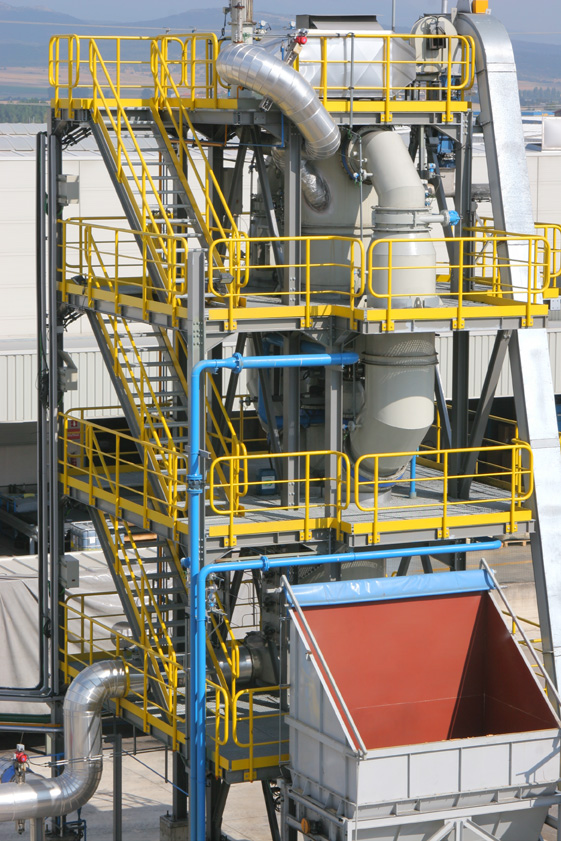ISO/UNE Standards
As the use of biomass has evolved, so have quality standards, with the aim of ensuring that a homogeneous product of verifiable quality is being sold.
ISO 17225: At international level, ISO has developed a series of standards (8) covering the solid biofuels most widely used internationally, such as pellets, chips and firewood.
UNE 164003 and UNE 164004: In addition, at national level, and in order to take into account solid biofuels characteristic of the Spanish market, quality standards have been developed for olive pits and nutshells.
ENplus® Certification
This is a private certification system based on the international standard ISO 17225-2, and refers exclusively to wood pellets for non-industrial uses. They are classified in three quality levels: A1 (pellets made from untreated wood and chemically untreated wood residues with low ash, nitrogen and chlorine content), A2 (fuels with a slightly higher ash, nitrogen and/or chlorine content) and B (pellets whose production may also have included recycled wood and industrial waste). Values for heavy metal content are also included. The ENplus® trademark rights are held by the European Pellet Council, with AVEBIOM being the national licensee responsible for managing the system in Spain.
BIOmasud® Certification
This is a private quality and sustainability certification system stemming from a European project of the same name financed with ERDF funds under the Interreg IV-B programme. It is a certification system for Mediterranean Biofuels: Wood pellets, olive pits, wood chips and nutshells. For wood pellets and wood chips, the system is based on international standards ISO 17225-2 for wood pellets and 17225-4 for wood chips, while for other biofuels it is based on proprietary pre-standards developed in the project. Apart from quality, the system also has sustainability requirements such as carbon footprint or energy used to produce the biofuel. In Spain, the rights to the BIOmasud® brand are owned by AVEBIOM and CIEMAT. In January 2016, the Biomasud Plus project began to develop and improve the system by increasing the number of biofuels, the countries concerned and the sustainability criteria.



